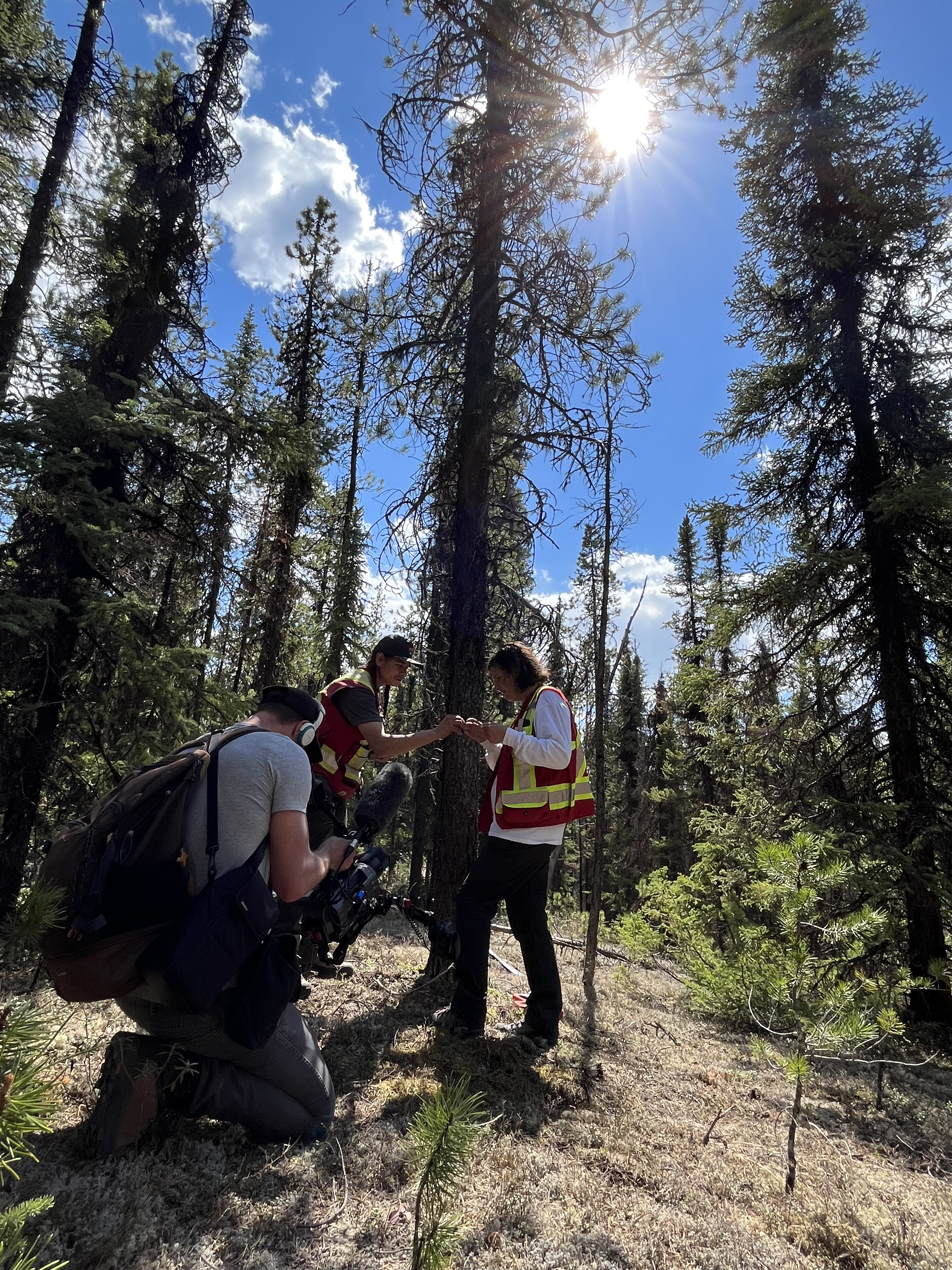Lichen Mapping for Caribou Recovery Efforts in Northeastern B.C.
Main Article Content
Abstract
The Nîkanêse Wah tzee Stewardship Society10 (NWSS) is recovering a caribou herd in Northeast British Columbia. This Indigenous led recovery project is guided by the values of two First Nations communtities and the only positive recovery project in Canada. The caribou, once in a maternal pen, require natural food such as lichen. The research aims to model and verify lichen sources for the Klinse-za caribou penning project and future uses. The work is important in securing food for not only the penned caribou, but also identifying long term food security for the herds. The research will estimate the amount of food required for the penned caribou under this emergency interim measure.
Research methods include:
- Predictive modeling to determine the location of lichen stands
- Visit lichen stands and estimate a distribution for each area
- Prepare a 5-year collection plan
- Observe regrowth rates post-picking
In order to create a 5-year harvest plan for the Klinse-za maternity pen; research is aimed to predict lichen site locations and determine regrowth rates of the lichens harvested. To validate the predictive heat map for lichen, data over 100 sites were collected within the Quintette herd range. In 2021, the extent of known patches were delineated in the field to examine the extent of known food supply. Post harvest, 30 regeneration plots were set out to measure growth. In addition, over 70 transects were completed to determine the trend of less noticeable harvest over time. Preliminary results show harvested sites are regrown approximately in 8 years. We found 2 years left of lichen supply, and therefore a need to move the model to other areas to search for more lichen.
10 A non-profit organization led by Saulteau First Nations and West Moberly First Nations related to Caribou recovery and habitat restoration.
Article Details

This work is licensed under a Creative Commons Attribution-NonCommercial 4.0 International License.

